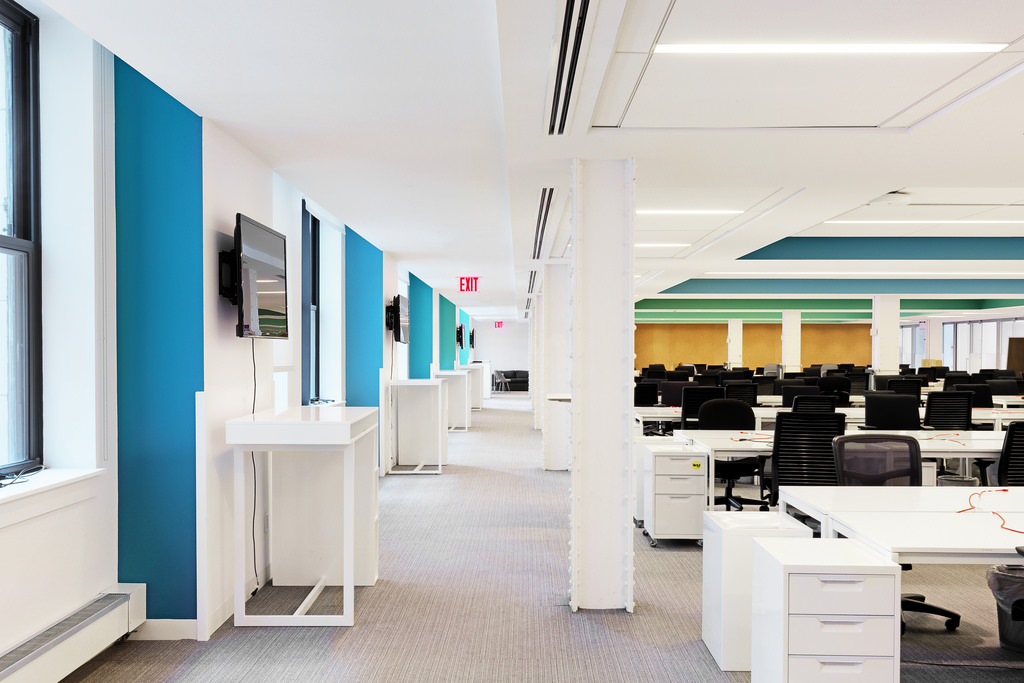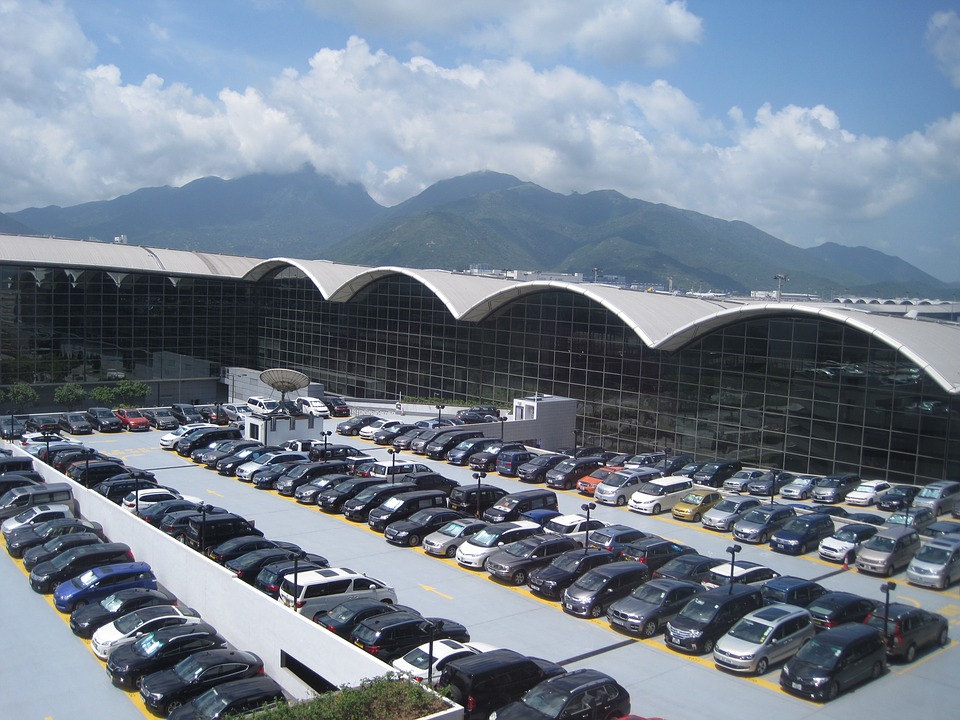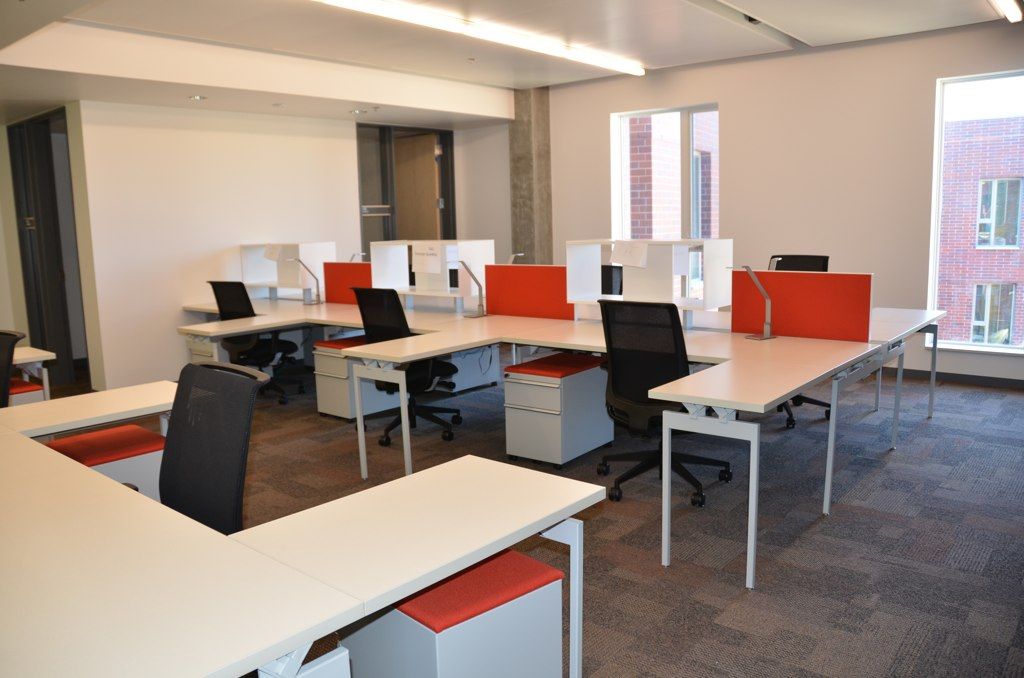Top Five Things a Tenant Wants to Know About a Long Island Office Lease
Whether your business is ready to sign its first, ever lease or you are simply searching to upgrade your current space, there are probably several considerations and factors on your mind. Among them are location and convenience for your employees and if the floor plan fits your business model.
You are also thinking about parking spaces, lunch options in the area and the use of common spaces. When you start to add up the things you want or need in Long Island office space the list becomes quite lengthy. So, which of these qualities are most important and what should you look for in a Long Island office lease? We’ve compiled a list of the top five things a tenant should consider before signing an office lease agreement.
#1: How Much Space Is for Your Exclusive Use?

Your lease agreement should clearly and concretely state the amount of space you are leasing from the building owner or landlord. In a Long Island office lease, this space is stated in square footage and should be a definite number. If you can avoid approximations or estimates, it is always best.
As well, you want confirmation that space stated in your commercial lease agreement is for your exclusive use. This clarifies that the square footage doesn’t include common areas or shared space that might be accessed by other tenants.
#2: How Will Rent Increase Over Time?
If your lease is longer than a year, then the Long Island office lease is likely to include an escalation or rent increase clause. This means the amount you pay in base rent at the start of your lease, won’t be the amount you pay two or three years later. A base rent escalation clause is usually found towards the beginning of your lease agreement and stated as a formula or table.
Keep in mind that rent escalation or annual increase is always up for negotiation and is commonly challenged by office tenants before signing. A Long Island real property lawyer can help you determine what is a fair annual increase and help structure the applicable formula.
#3: What Are the Costs for Common Area Maintenance?
Most commercial leases in Long Island are drafted in favor of the landlord and are set up as a triple net lease. In this type of Long Island office lease, the tenant is required to pay a portion of the taxes, insurance, and maintenance for the entire building.
These portions should be based on the percentage of the building that you exclusively use, but that isn’t always the case. The maintenance expenses, called common area maintenance or CAM charges, can be substantial and surprising.
The CAM charges are frequently forgotten or entirely ignored by the tenant during the lease negotiations. So, when it comes time to pay, the additional expense feels like a burden or penalty. Some companies don’t allocate funds for this cost and can face financial difficulty when it becomes due.
#4: What Parking Is Available?

Parking spaces come at a premium in most parts of Long Island, and finding office space with enough dedicated spots for all your employees is difficult, if not impossible. Therefore, you want to confirm how many parking spots, if any, are included in your office lease and determine where other employees can park each day.
You shouldn’t ignore the problem of limited parking options, as it will lead to disgruntled or unhappy employees later one. Finally, if the only option for employees is paid parking, you need to consider who will cover that cost and whether it should impact your base rent and overall agreement with the landlord.
#5: Who Covers the Cost of Tenant Improvements
Believe it or not, office landlords in Long Island will often cover some or all of the tenant improvements you hope to make in your new space. This can include the installation of a new kitchenette or upgrades to bathrooms. You may need to move walls or install new dividers and separators. Everything from cabinets to carpeting is up for discussion, and so is the distribution of costs.
Why would the landlord agree to cover some of the expense? The upgrades are often permanent to the office space, which means they outlast the length of your lease. The subsequent tenant would be willing to pay more for the space simply because these improvements are included. That means your business needs or wants are an asset to the landlord. Don’t shy away from negotiating this particular part of a lease.
Who Can Help You Tackle a Lease Agreement?

Even if you feel confident in the terms and conditions of your lease agreement, it is beneficial to have a Long Island lawyer review the office lease before you sign. These five considerations are among the many that could impact the expense of leasing commercial property. If you overlook an important or unfavorable term, it could lead to significant problems with the landlord or your business budget.
Sami Perez is an experienced and highly respected real property lawyer on Long Island. To speak directly with Sami, you can contact our Long Island office at 516-216-5060.
The information in this blog post (“Post”) is provided for general informational purposes only, and may not reflect the current law in your jurisdiction. No information contained in this Post should be construed as legal advice from The Law Office of Samilde Perez or the individual author, nor is it intended to be a substitute for legal counsel on any subject matter.
